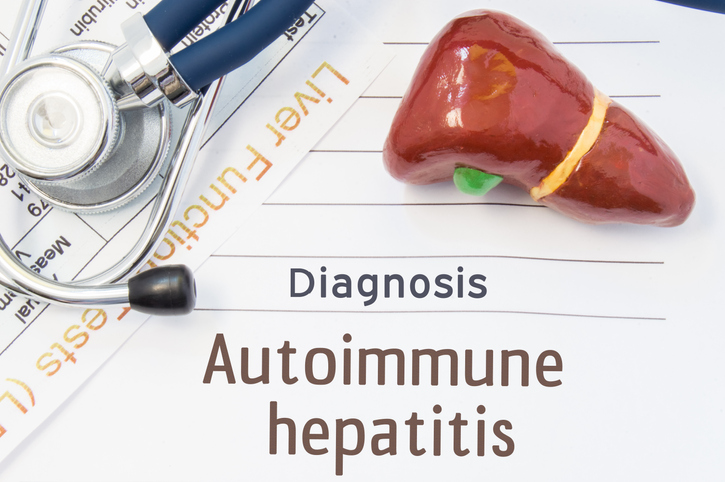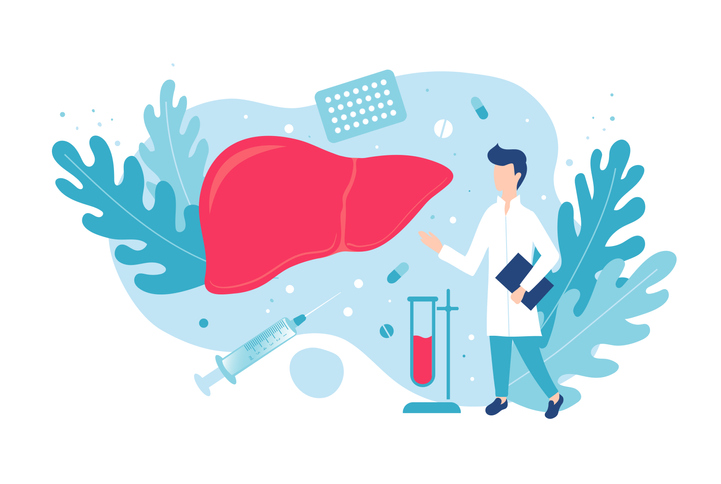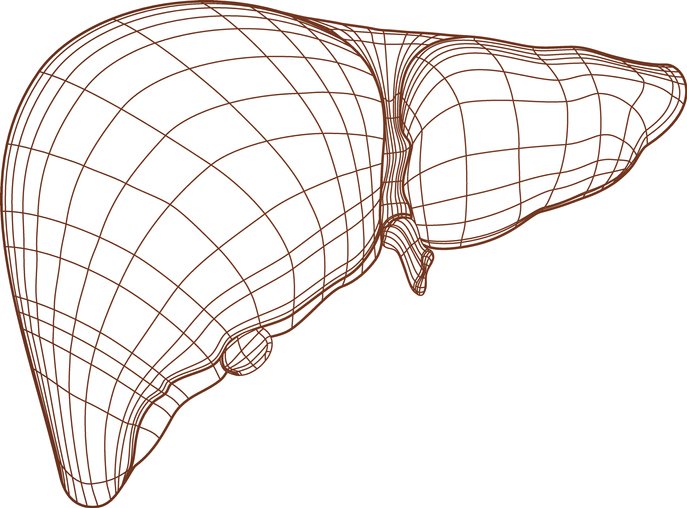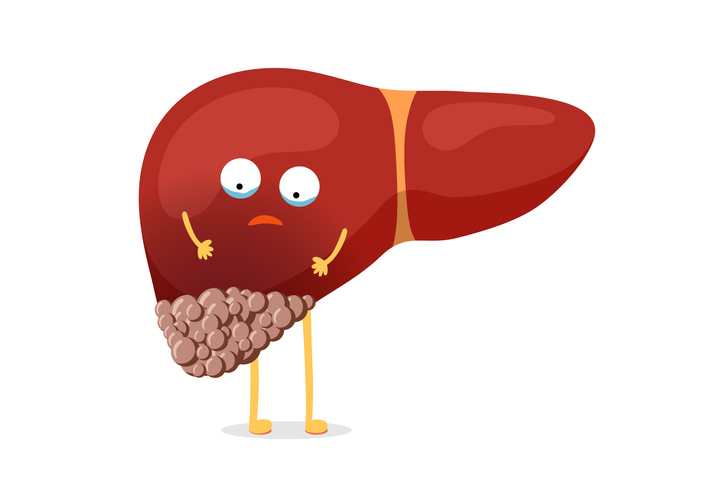Pain
Diagnosing Autoimmune Hepatitis

What is autoimmune hepatitis?
Autoimmune hepatitis (AIH) is an inflammatory condition of the liver. It occurs when the body’s immune system mistakenly attacks liver cells.
AIH is a non-viral, non-contagious type of hepatitis. The diagnostic process for autoimmune hepatitis typically includes a clinical examination, lab tests, imaging, and in some cases, a liver biopsy.
Clinical examination
Clinical clues that may indicate AIH include the following:
- A personal or family history of autoimmune disease
- Use of certain medications, such as minocycline; recent pregnancy; or a recent infection, such as mononucleosis
- Signs of liver disease, such as yellowing of skin (jaundice), enlarged liver or spleen, or an accumulation of fluid in the abdomen (ascites)
- Symptoms of fatigue, joint pain, and loss of appetite
Blood and lab tests
Blood test results that may indicate autoimmune hepatitis include the following:
- Elevated liver enzymes
The liver enzymes alanine transaminase (ALT) and aspartate transaminase (AST) may be anywhere from 1.5 to 50 times the upper limit of normal. The enzyme alkaline phosphatase (ALP) may also be elevated but usually less so than ALT and AST. - Elevated immunoglobulins
Immunoglobulins are antibodies found in the blood. - Presence of autoantibodies
Antinuclear antibodies (ANA), anti-smooth muscle antibodies (SMA), or liver-kidney microsomal type 1 (LKM-1) antibodies may be present in the blood.
When the liver is damaged and liver function is poor, blood tests may also reveal the following results:
- High levels of bilirubin, also known as hyperbilirubinemia, occur when the liver cannot properly filter bile.
- Low levels of albumin, a protein made by the liver, may indicate liver disease.
- Coagulopathy refers to poor clotting. Blood test results that may indicate coagulopathy include low platelets or a high prothrombin level.
Additional blood and lab tests are used to rule out other causes of liver injury. These tests typically include testing for hepatitis A, B and C, mononucleosis, cytomegalovirus, and Wilson disease. Screening for other immune-mediated causes of liver damage may include tests for celiac disease, lupus, primary biliary cirrhosis, and inflammatory bowel disease. It is possible to have another liver disease in addition to AIH.
Imaging tests
Images from diagnostic tests such as ultrasounds, CT scans, and MRIs can show changes in the liver. Imaging tests can also be used to rule out other medical conditions, such as obstructions.
Liver biopsy
A biopsy of the liver may be ordered to examine liver cells under a microscope. A liver biopsy can gauge the severity of inflammation and damage, rule out other causes of liver damage, and determine if more than one liver disease is present.



















